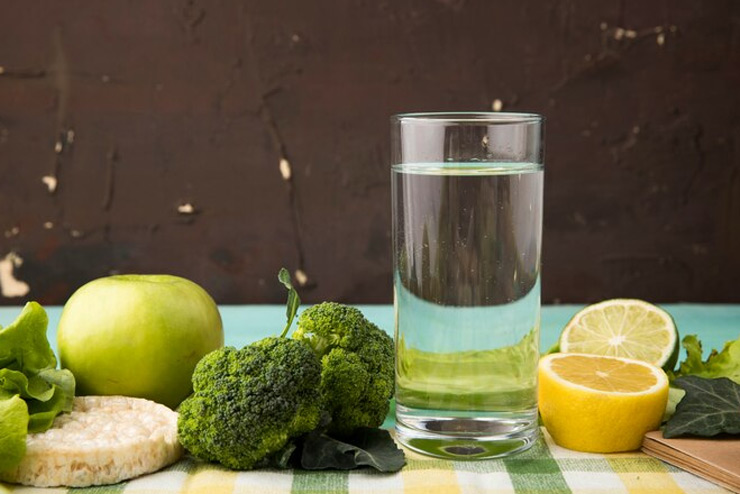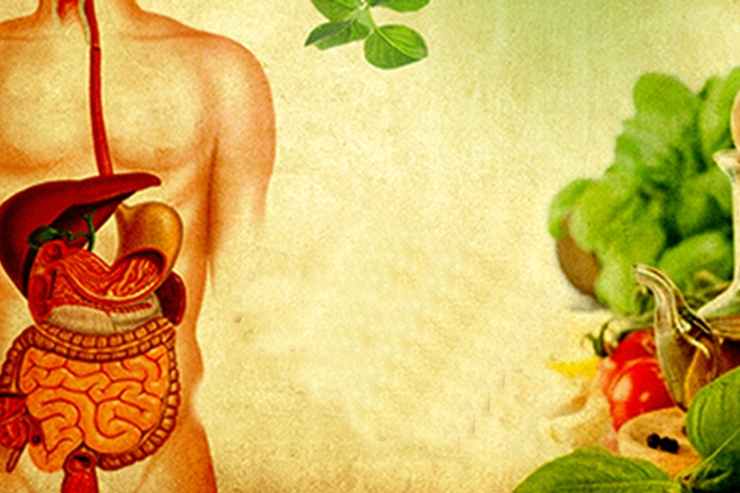Embrace Ayurveda for effective solutions to gastric disorders

Gastric Disorders
Gastric disorders refer to a range of conditions that affect the stomach and digestive system, leading to various symptoms and complications. These disorders can be caused by a variety of factors, including infections (such as Helicobacter pylori), excessive alcohol consumption, prolonged use of nonsteroidal anti-inflammatory drugs (NSAIDs), and unhealthy eating habits. Additionally, stress, obesity, and certain medical conditions like diabetes or autoimmune diseases can contribute to the development of gastric issues. Common gastric disorders include gastritis, gastroesophageal reflux disease (GERD), ulcers, and functional dyspepsia. Symptoms often manifest as abdominal pain, bloating, nausea, vomiting, and changes in appetite or weight, highlighting the importance of timely diagnosis and appropriate treatment to prevent further complications.
Acidity:
Acidity, in a general context, refers to the quality of being acidic, characterized by a pH level less than 7. In terms of health, acidity often refers to a condition where there is an excess of stomach acid, leading to symptoms such as:
Heartburn: Heartburn is a burning sensation that occurs in the chest or throat, usually after eating.
Indigestion: Discomfort in the stomach, often accompanied by bloating or nausea.
Regurgitation: A sensation of acid backing up into the throat or mouth.
Flatulence: Increased gas in the digestive system.
Causes of Acidity

Ayurvedic therapy for acidity
Ayurvedic therapy for acidity focuses on balancing the body’s doshas, particularly Pitta, which is associated with heat and digestion. A common approach includes dietary modifications, emphasizing the intake of cooling, alkaline foods such as cucumbers, melons, and leafy greens while avoiding spicy, fried, and processed foods that can aggravate acidity. Herbal remedies like ginger, licorice, and amla are often recommended to soothe the digestive tract and reduce inflammation. Additionally, practices such as yoga and pranayama (breath control) can help enhance digestion and relieve stress, which can contribute to acidity. Regular detoxification through Ayurvedic cleansing methods, like Panchakarma, may also be beneficial in restoring balance and promoting overall digestive health.


Detoxification

Abhyanga (Oil Massage)

Virechana (Purgation)

Enema (Basti)
Acid reflux (GERD):
Acid reflux, also known as gastroesophageal reflux disease (GERD), occurs when stomach acid flows back into the esophagus, leading to symptoms like heartburn, regurgitation, and discomfort in the chest or throat. This condition can be caused by various factors, including poor diet, obesity, stress, and weak lower esophageal sphincter. Ayurvedic treatment for acid reflux focuses on restoring balance to the body’s doshas, primarily by pacifying excess pitta (associated with heat). Key approaches include dietary modifications, such as consuming cooling and alkaline foods like bananas, coconut, and rice while avoiding spicy and acidic foods. Herbal remedies, such as licorice root, aloe vera, and ginger, are commonly used to soothe the digestive tract. Panchakarma therapies, including Virechana (purgation) and Basti (enemas), may also be recommended to detoxify the body and improve digestion. Overall, Ayurveda emphasizes a holistic lifestyle that includes stress management, yoga, and proper eating habits to effectively manage and prevent acid reflux.

At Medi9 Ayurvedic Hospital, we specialize in personalized Panchakarma therapies to effectively manage acidity and enhance digestive health. Our experienced practitioners design tailored treatment plans that include detoxification, dietary guidance, and herbal remedies. Experience holistic healing and rejuvenation with us, ensuring a balanced approach to wellness.
